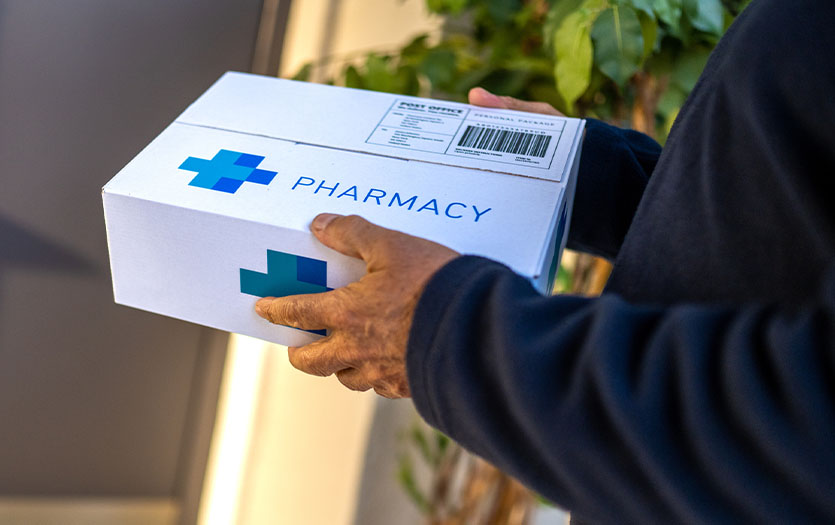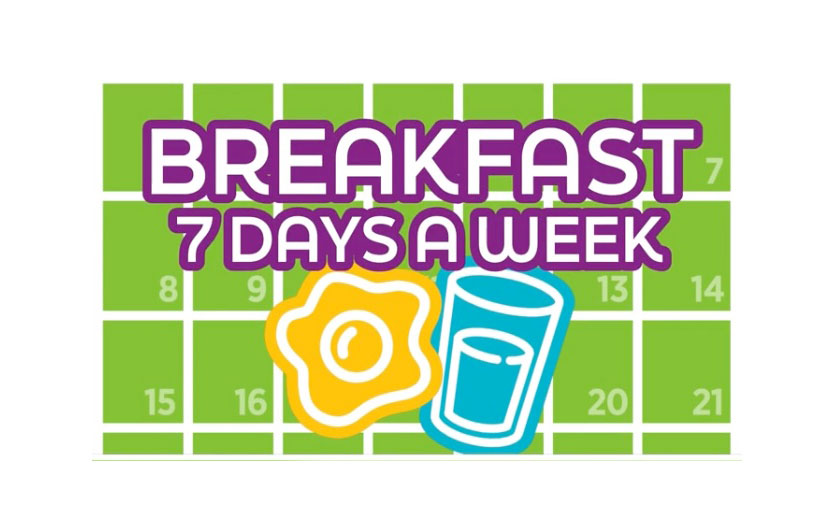
This post was written by Stephanie Subart, PharmD, Parkview Health.
Did you know that extreme temperatures can cause your medications to lose their effectiveness? While it might seem like pills or liquids are safe inside their containers, they're still vulnerable to environmental conditions, especially the heat of summer. Proper storage is key to ensuring your medications continue to work as intended, whether you're at home or on the go.
Ideal storage temperature
Most medications should be stored between 59°F and 77°F to maintain their potency. However, some drugs, such as insulin or certain antibiotics, require refrigeration, typically between 36°F and 46°F. Always check the label or consult your pharmacist to make sure you are transporting and storing your medications correctly.
Effects of extreme temperatures
High temperatures can accelerate the breakdown of medications and lead to:
-
Reduced potency, making treatments less effective.
-
Physical changes, such as discoloration or melting.
-
Formation of harmful byproducts, potentially causing adverse effects.
For instance, when exposed to heat, aspirin can break down into acetic acid (vinegar), altering its intended effect. Similarly, insulin can lose its efficacy if not stored properly.
Low temperatures can be equally damaging and may cause:
-
Medications to separate or crystallize, affecting dosage accuracy.
-
Structural damage to medications, especially biologics like vaccines or monoclonal antibodies, which may become ineffective after freezing.
As highlighted by the American Diabetes Association, medications like insulin are particularly sensitive to freezing temperatures. Once frozen, its effectiveness diminishes, posing risks for individuals relying on it for blood sugar management.
Recognizing compromised medications
Be vigilant for signs indicating that a medication may have been compromised. This can look like:
-
Tablets or capsules: brittleness, discoloration or unusual odors.
-
Liquids: cloudiness, separation of ingredients or floating particles.
-
Creams or gels: separation of ingredients or changes in texture.
If any of these signs are present, do not use the medication until you've consulted with a healthcare professional.
Medication storage tips
To ensure your medications remain safe and effective, follow these important storage guidelines:
-
Keep medications in their original containers to preserve stability and ensure labeling remains intact.
-
Store prescriptions away from windows or bright areas. Direct sunlight can raise the temperature and break down active ingredients.
-
Avoid moisture:
-
Place medications in a dry location, not your bathroom, which can get humid from showers and poor ventilation.
-
If your medication packing comes with silica packets, do not throw these away!
-
Silica gel is a form of silicon dioxide, the same compound found in quartz. It looks like small, clear beads and is highly porous, making it great at absorbing moisture. Each bead can soak up a significant amount of water compared to its size, which makes silica gel a champion when it comes to protecting your medications from moisture!
-
Best spots to store medications at home
Good options for safe storage include:
-
A dresser drawer in your bedroom.
-
A kitchen cabinet away from the stove, oven or direct sunlight.
-
A closet shelf in a cool, dry room.
If you store medications in the kitchen, make sure they are not in a humid area or near a heat source. Keep them out of the reach and sight of children, preferably in a locked cabinet. Always store medicines in their original containers with child-resistant caps to prevent accidental ingestion.
Mail order medications
Prescription delivery services provide a convenient and often more affordable way to receive medications, but it's essential to ensure they arrive safely. These pharmacies typically use appropriate packaging, such as insulated containers and ice packs for temperature-sensitive drugs, to help maintain proper storage conditions during transportation. However, it's still crucial to retrieve your package promptly upon delivery and store your medications as directed to maintain their effectiveness.
Here's how to make sure your prescriptions stay safe during drop-off:
-
Choose delivery options with tracking so you can bring medications inside promptly.
-
Be aware of seasonal temperatures and avoid leaving packages outside in hot or freezing weather.
-
Contact your pharmacy to confirm if your prescription requires refrigeration or special handling so you are prepared when it arrives.
-
If a medication arrives warm, cold or damaged, contact your pharmacy or doctor before using it.
Final thoughts
By being mindful of storage conditions and recognizing signs of compromised medications, you can maintain the integrity of your treatments. Always consult with your pharmacist or healthcare provider if you have concerns about your medications.
For more information on pharmacy services, contact or visit a location near you.
Additional resources
Centers for Disease Control and Prevention




